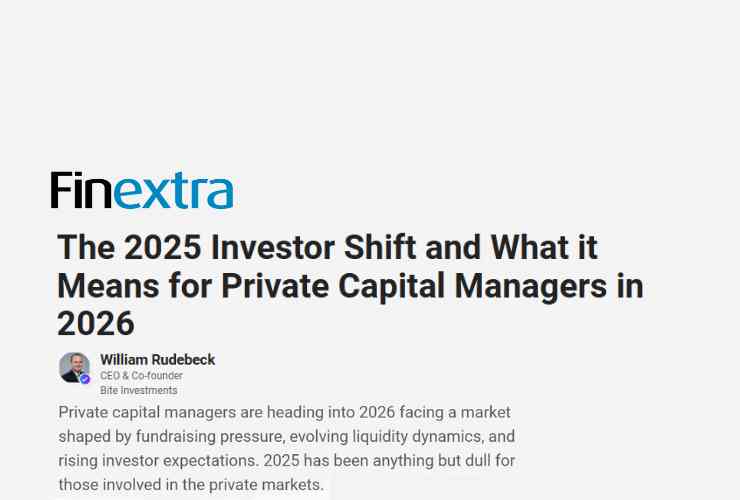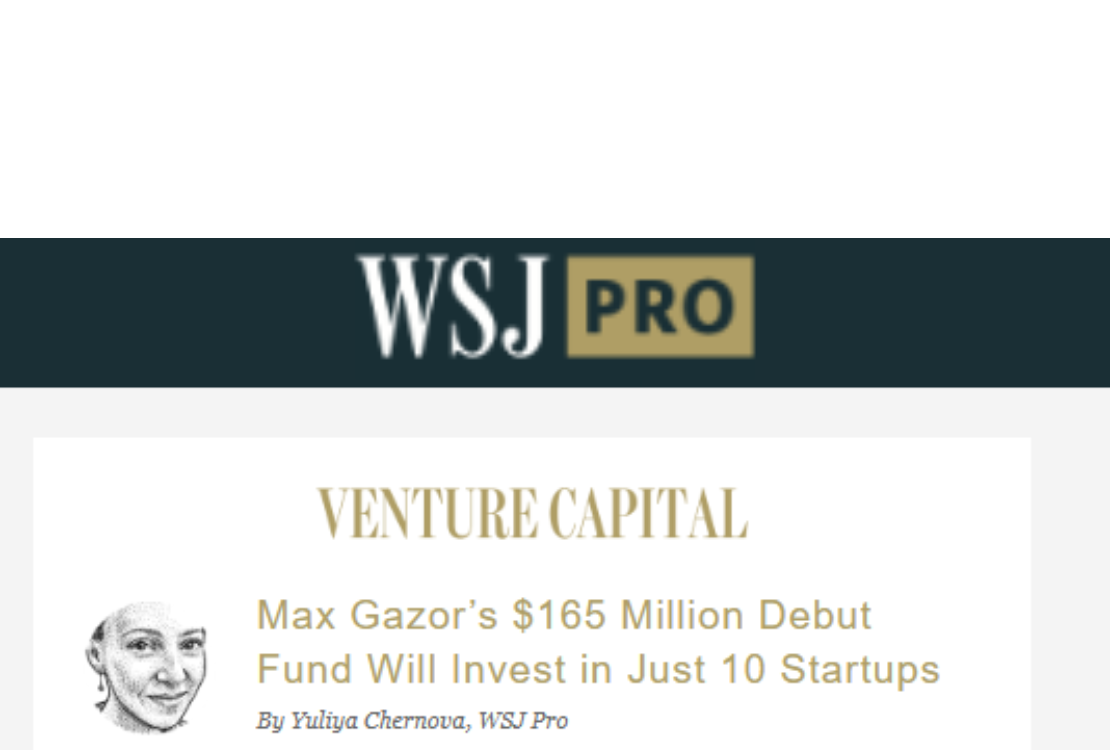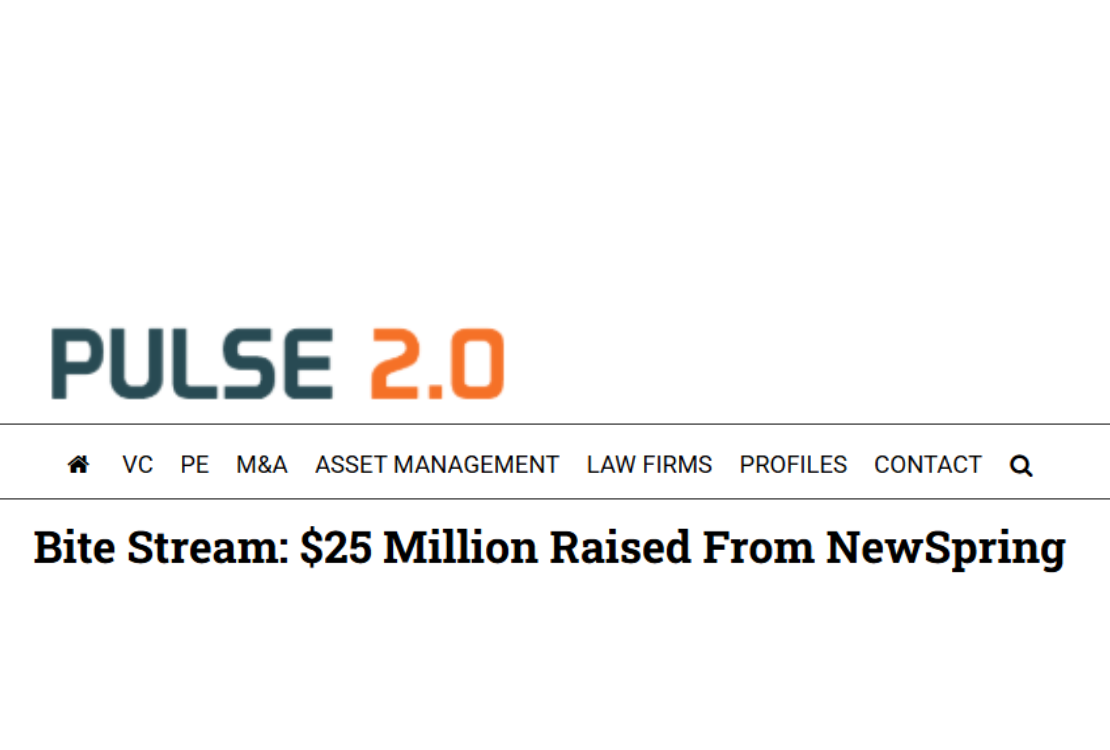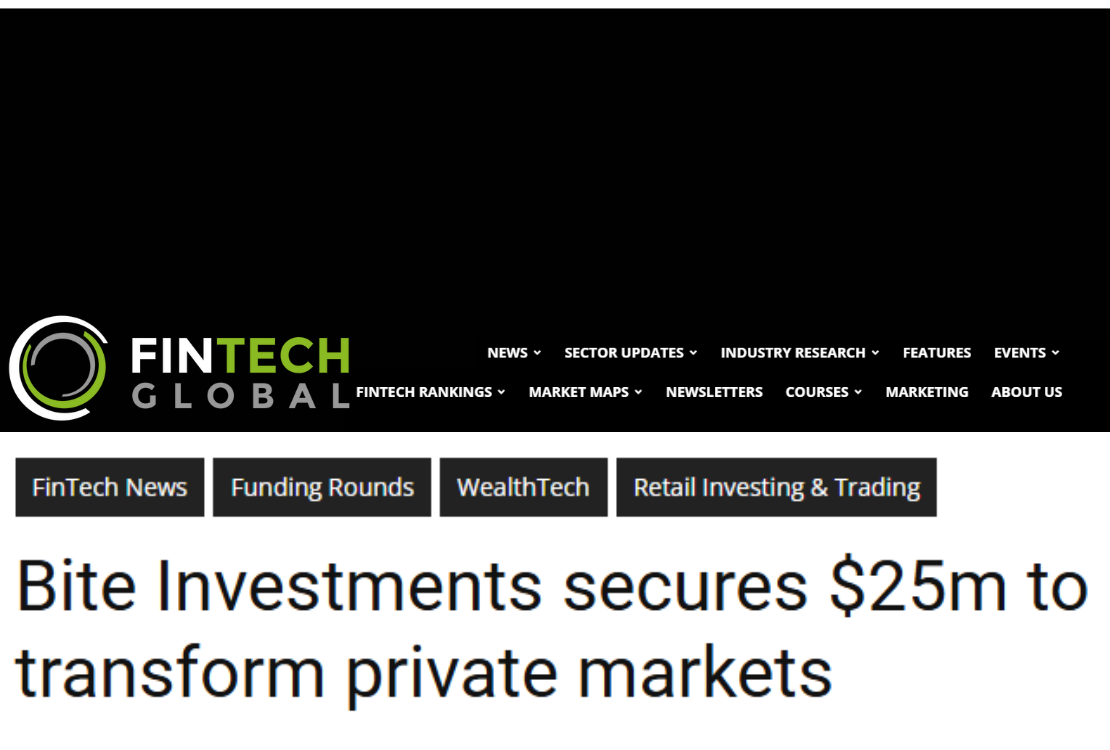The covid crisis has not only seen alternative assets become more attractive (compared with traditional asset classes), but also highlighted the need for wealth managers to digitise, say Bite Investments’ COO Henry Reynolds and CEO William Rudebeck.
What role has technology played in allowing the wheels of fundraising to keep turning during the pandemic?
William Rudebeck: Prior to the pandemic, raising a fund would have meant multiple roadshows around the world. Now GPs are able to cover three jurisdictions in a day. Technology has not only enabled the fundraising process to continue under lockdown restrictions, but also fast-tracked that process, particularly when it comes to existing LPs.
Henry Reynolds: As with so many trends across society, the pandemic has compressed timelines. There was already a move to use technology to make the fundraising process more efficient, but that trend has been accelerated. This has proved perfect timing for what we are trying to do, which is to use technology to provide sophisticated high-net-worth investors and/or their advisors with access to alternative asset classes. Covid has probably shaved a couple of years off that journey.
So, how can technology be used to open up alternative asset classes to a new breed of investor?
Henry Reynolds: Historically, it has taken the same amount of effort for an alternatives manager to bring a high-net-worth on board as an investor as it has a pension fund writing a $25 million or $50 million cheque. Naturally, therefore, managers have focused their attentions on institutions. Equally, high-net-worth investors have seen how these asset classes are performing and have wanted a piece of that, but access has proved challenging and often expensive. Technology can take a lot of the complexity out of that process, opening these markets up to a whole new demographic.
William Rudebeck: Bite is made up of two parts – Bite Asset Management, which aggregates high-net-worths and allows them to invest into alternative funds, and Bite Tech, which is focused on digitalising the wealth management industry, regardless of whether those wealth managers are interested in Bite Asset Management products. That is key. Technology enables those wealth managers to streamline their operations and drive down costs, as well as boosting revenues generated from management fees and through being able to distribute to the high-net-worth market. The current crisis has made it incredibly difficult for traditional wealth managers to distribute. They are used to operating via sales teams that set up meetings and then sell products. The only way they can sell today is with online operations. They have no choice but to digitise. We are also getting a lot of traction from alternatives managers that have historically only been backed by large institutional investors but that are keen to tap into this high-net-worth market, either through private banks or directly. As Henry says, in the past, compliance has been incredibly onerous, with all the KYC [know your customer] and AML [anti-money laundering] requirements. But technology means that accessing this high-net-worth market, now makes commercial sense.
Henry Reynolds: We use technology to make everything more seamless, from serving up product education and due diligence in a digestible form to streamlining the investment process. It is staggering to see just how many forms, and how many data points, are duplicated in this industry. Our vision is that every data point only needs to be inputted once, before it is captured and mapped to wherever it is relevant, making the digitised work flow simple, intuitive and accessible. Technology needs to take more of the strain.
Private Equity still places a great deal of emphasis on human interaction, particularly during fundraising. Do you still see resistance to technology?
William Rudebeck: Covid has helped the whole fundraising process embrace technology to become more efficient when it comes to existing LPs. But there is no doubt that there is still enormous resistance when it comes to forging new investor relationships remotely. The due diligence can be done online. All the documentation can be reviewed online. But at some point that investor will still want to meet face-to-face with the manager. The advantage we have is that the wealth managers we deal with already have the existing relationships with the high-net-worths, so the private equity groups can plug into those wealth managers and bypass some challenges.
Henry Reynolds: It is worth adding that we are not looking to 100 percent digitise the process. We are looking to increase the quality of face time, not get rid of it entirely. Instead of risking client irritation by asking them to re-sign documents or for copies of their passport – things that don’t add to the client relationship in any way – we can free up their time to allow them to focus on the areas that matter most. We are not looking to replace human contact, but rather to increase the value of those human interactions.
“The only way wealth managers can sell today is with online operations. They have no choice but to digitise” – William Rudebeck
Do you see geographical differences when it comes to embracing technology?
William Rudebeck: Every geography is different. In Asia, people tend to be far more comfortable making decisions through their iPhones, whereas someone in Europe may have had their money tied up for generations and may only trust one person with their investment decisions. We do see different levels of digital maturity depending on the market.
What do you believe the future will hold?
William Rudebeck: We have seen enormous flows of capital going into alternatives as investors have become frustrated with traditional asset classes due to volatility and a protracted low interest rate environment. But, for the types of investors we are targeting, alternative allocations remain small. And while appetite is clearly there for household names, it is far harder to sell the benefits of a niche manager. That will take time and education. When it comes to digitising the wealth management industry, meanwhile, the challenge is just how far behind the curve the industry remains. It is amazing how little innovation there has been compared with other sectors. Fortunately, the current environment is helping us in both regards.
Henry Reynolds: As a fintech company, we face the challenges of the finance world and the pace at which regulation is developing, as well as the challenges of technology evolving at an incredible speed and how we take that technology to an industry that is a laggard in terms of tech adoption. We have to think carefully about where we focus our efforts. Do we invest in smart contract and blockchain? Or do we open up in a new jurisdiction, with all that entails? That is where having a robust roadmap – and understanding where technology can add the most value – becomes so important. We are taking these powerful tools and applying them to the benefit of our clients. That is both challenging and exciting.




